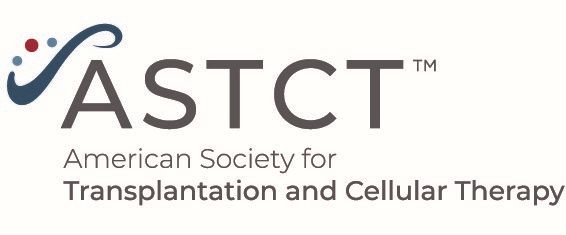
A Phase 1 Clinical Trial of NKTR-255 With CD19-22 CAR T-Cell Therapy for Refractory B-Cell Acute Lymphoblastic Leukemia

Researchers at Stanford University have conducted a phase 1 clinical trial evaluating the combination of a bispecific CAR T-cell therapy targeting CD19 and CD22 with NKTR-255.
Researchers at Stanford University have conducted a phase 1 clinical trial (NCT03233854) evaluating the combination of a bispecific chimeric antigen receptor (CAR) T-cell therapy targeting CD19 and CD22 (CAR19-22) with NKTR-255, a novel recombinant polymer-conjugated IL15 receptor agonist. This approach aimed to enhance the durability of CAR-T responses in relapsed/refractory B-cell acute lymphoblastic leukemia (B-ALL). CAR-T therapy has transformed B-cell malignancy treatment, but high relapse rates remain a challenge. NKTR-255 was hypothesized to augment CAR-T cell trafficking and persistence through IL15-mediated immune modulation.
The study enrolled 11 patients, 9 of whom received CAR19-22 followed by NKTR-255. The combination therapy was well-tolerated, with no dose-limiting toxicities. Transient fever and myelosuppression were the most common adverse events. Remarkably, 8 of the 9 patients (89%) achieved measurable residual disease-negative remission, with progression-free survival at 12 months reaching 67%, nearly double the rate of historical controls (38%). These results suggest that combining CAR19-22 with NKTR-255 may significantly improve the durability of remission in B-ALL patients.
Correlative analyses provided insights into the immunological mechanisms underpinning the observed efficacy. Cytokine profiling revealed increases in IL15, interferon-γ, and the chemokines CXCL9 and CXCL10, which were associated with decreased absolute lymphocyte counts and CD8+ CAR-T cells in the blood. Notably, cerebrospinal fluid CAR-T cell levels increased tenfold, indicating enhanced lymphocyte trafficking to tissue. The combination of NKTR-255 with CAR19-22 was shown to be safe, feasible, and effective, offering a promising strategy to improve outcomes for patients with relapsed/refractory B-ALL.
Reference
Srinagesh H, Jackson C, Shiraz P, et al. A phase 1 clinical trial of NKTR-255 with CD19-22 CAR T-cell therapy for refractory B-cell acute lymphoblastic leukemia. Blood. 2024;144(16):1689-1698. doi:10.1182/blood.2024024952
Newsletter
Stay up to date on recent advances in the multidisciplinary approach to cancer.



































